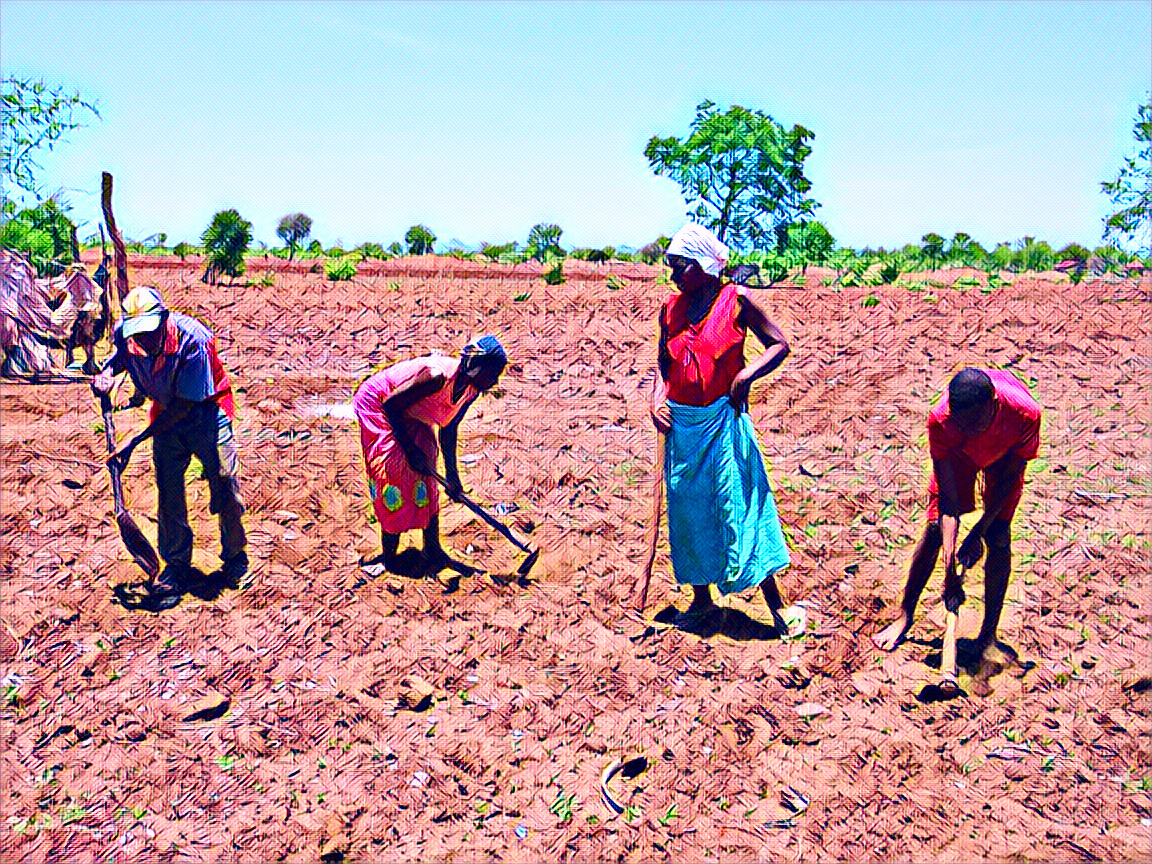KEY POINTS
- Zimbabwe has initiated compensation to foreign and local farmers whose lands were forcibly taken during Robert Mugabe’s land reforms, totalling $3.5 billion.
- The government has raised $1 billion locally and is seeking international loans to cover the remaining amount.
- The land reforms carried out in the early 2000s led to economic decline and strained international relations.
Zimbabwe has long been a nation torn between its agricultural potential and its controversial land reform policies. The latest development where the Zimbabwean government has offered to compensate both foreign and domestic farmers for the land seized during Robert Mugabe’s leadership is a complete policy reversal.
It is an apology for the past and a way of starting to heal the broken relationship between the country and the rest of the world. It brings optimism on the economic front as well as in the aspect of justice for many people but at the same time, it raises some concerns as to the feasibility of these payments and its relation to the political aspect.
The legacy of Mugabe’s land reforms
The Zimbabwean government began a fast-track land reform program in the early 2000s that sought to correct colonial imbalances. White-owned farms were occupied and forcibly surrendered and given to those black Zimbabweans who had no piece of land.
Although this action was well received by many who felt left out, it caused a drastic reduction in food production, hunger and economic crises.
His actions also affected the lives of local farmers who used to partner with commercial farms before the Mugabe regime. It is for this reason that many families who were employed by these farms lost their jobs. This led to the emergence of poverty and worsened food insecurity in the country. The compensation scheme introduced now is at least somewhat of a justice but for many the wounds are still open.
The compensation program: an overview
The compensation scheme that was launched in 2020 is supposed to provide $3.5 billion for those farmers whose land was seized. The Zimbabwean government has claimed that $1 billion has been sourced locally and the rest will be sourced through international loans. The funds are mainly aimed at foreign commercial farmers but also encompass some local farmers who suffered major losses in the form of equipment and fixed assets.
This is a move that the government is claiming to be positive in some way, but in fact has its downside. Most of us have our questions as to where the money is coming from, especially in the current Zimbabwe economy.
Currently, the country is facing problems such as inflation, weak currency, and increasing debt. Will paying these farmers add more pressure to an already struggling economy? Or will it build the necessary ground for international confidence and investment to flow again?
A path to reconciliation or economic disaster?
On one hand, it may be viewed as a sign of a reconciliation process On the other hand, The policies of land reform have socially isolated Zimbabwe from most of the Western countries, which responded with a series of sanctions that have been devastating for the country’s economy in the past few years.
The affected farmers could be compensated as a way of trying to mend the broken relationship and ease some of these sanctions to receive needed foreign aid and investment. This in return may help to reinstate Zimbabwe’s agricultural industry that was once the mainstay of the economy.
However, there are various issues regarding the sustainability of this compensation plan. The Zimbabwean government’s balance of finances is limited, and the value of the Zimbabwean dollar is reducing with inflation rates. The compensation program may well become an economic disaster if the country cannot obtain adequate funding.
There’s also the issue of transparency: how will the government guarantee that such funds will be distributed fairly without influence from the political arena?
The impact on local communities
Most of those who acquired these farms during the process of the land reforms have put their entire lives into managing these lands. What will be the fate of those places if the first owners are paid back and wish to reclaim them? Will they be displaced again? It is very sensitive and the government needs to be very cautious not to rekindle the fire again.
This means that the local farmers who were given the land were most of the time financially ill-equipped, as well as technically to operate large-scale commercial farming. Consequently, most of them have become dilapidated and are no longer used for farming. The proposed compensation scheme does not go a long way to help such people.
Looking forward: a chance for renewal?
Still, I think there is a lot of good in this compensation initiative as well. If well managed it could be the turning point for Zimbabwe. The global market has always considered Zimbabwe a high-risk investment country.
Through compensating these farmers the government is communicating to the society that it is serious with the issue of property rights and the law. It could open the door for more foreign investment, which is essential if the country is to reconstruct its economy that is in shatters.
Many Zimbabweans believe the compensation scheme is something to look forward to, and they desire that the suffering of the past can now be left behind. Wishful thinking that the country can return to being the food basket of Africa. But hope alone is not enough. This effort has to be complemented by good economic policies, anti-corruption measures, and promotion of local agricultural producers.


